Plastic chemicals textile addtives 14-09-2018 - Arhive
-Reclaimer argues for goal of 50 percent RPET bottles Reclaimer RPET bottles Phoenix
Some beverage brand owners are moving toward 100 percent RPET bottles, but one of the country’s largest PET reclaimers says the magic number may be half that amount. Reclaimer RPET bottles Phoenix
Phoenix Technologies International issued a press release on Sept. 11 stating that a goal of using 50 percent recycled content drives substantial increases in recovery but avoids potential damage to the quality of RPET in future cycles.
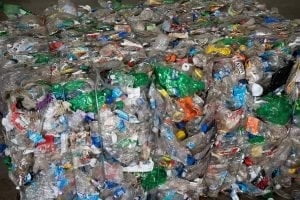
-Crude Oil Prices Trend

-Asian makers of plastic bottle materials mount offensive in Japan
Anti-dumping duties on Chinese imports create business opportunities
Japan has increased imports of PET resin preforms, which are made into plastic bottles, from Thailand and Taiwan.
TOKYO — Asian manufacturers of plastic bottle materials are on the offensive in Japan, after the Tokyo government last year imposed anti-dumping duties of up to 53% on imports of PET resin from China.
Major South Korean petrochemical company Hyosung plans to start shipping polyethylene terephthalate preforms — tubes that are shaped into plastic bottles — possibly in 2019.
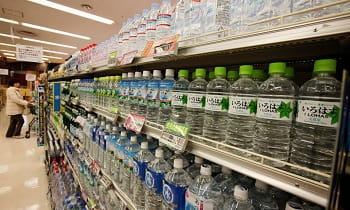
-INVISTA to Add 40,000 Tons of Nylon 6,6 Polymer Capacity by 2020
INVISTA plans to add 40,000 tons of nylon 6,6 polymer capacity at its current 150,000-ton polymer plant at the Shanghai Chemical Industry Park (SCIP). Construction is targeted for mid-2019 and production would begin in 2020.
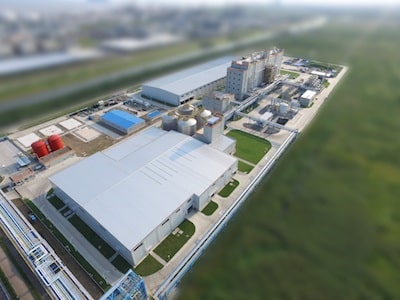
Ampacet has developed carbon black-free masterbatch solutions that can help to significantly reduce the carbon footprint by providing a second life for black plastic packaging.
These carbon black-free products are part of Ampacet’s sustainable development program, which features new and innovative solutions that help to protect the environment. The black masterbatch solutions are near-infrared (NIR) transparent to allow sorting with near-infrared optical sensors and recycling. This technology enables the reuse, repair and recycling of black packaging waste and allows recyclers to valorise this waste and support the circular economy.

-China acrylic fibre output to stay capped on soaring ACN costs
China’s acrylic fibre (AF) output may continue to be capped in September as production margins are being eroded by high cost of feedstock acrylonitrile (ACN).
Domestic AF plants, which have a total capacity of 819,000 tonnes, may continue running at an average rate of 50% for the rest of the month, market sources said.
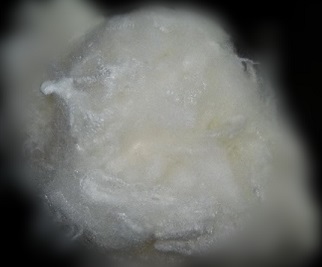
Crude oil futures were lower during mid-morning trade in Europe Thursday on profit-taking after the ICE Brent contract breached $80/b yesterday, though analysts said the near-term outlook remains bullish.Plastic chemicals textile addtives
Register Now At 1052 GMT, the November ICE Brent crude futures contract was down 56 cents/b from Wednesday’s settle at $79.18/b, while the NYMEX October sweet light crude contract was down 97 cents/b at $69.40/b.Plastic chemicals textile addtives
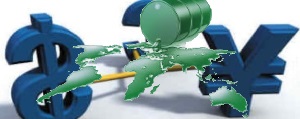
-Lenzing’s EUR 26 million sustainable nonwovens pilot facility
Lenzing has pioneered a new technology platform, Lenzing Web Technology, with a focus on sustainable nonwoven products that will help open new market opportunities. Following an investment of EUR 26 million and several years of R&D, Lenzing completed the commissioning phase for a one-metre wide pilot facility located at its headquarters in Austria.Plastic chemicals textile addtives
Currently, most of the nonwoven products are made with plastic materials like polyester or polypropylene, which take hundreds of years to decompose. Coupled with inadequate disposal techniques, the nonwovens industry is a leading contributor to landfill issues globally.

-Ecover launches limited-edition Ocean Bottle made from 50 per cent plastic waste
Ecover has launched its limited-edition Ecover Ocean Washing-Up Liquid Bottle, made from 50 per cent plastic waste collected from the sea, waterways and shores of Rio de Janeiro, and 50 per cent post-consumer recycled plastic.
The washing-up liquid is formulated using biodegradable and renewable, plant-based ingredients and will be available exclusively in the UK in selected Sainsbury’s stores from 16th September.
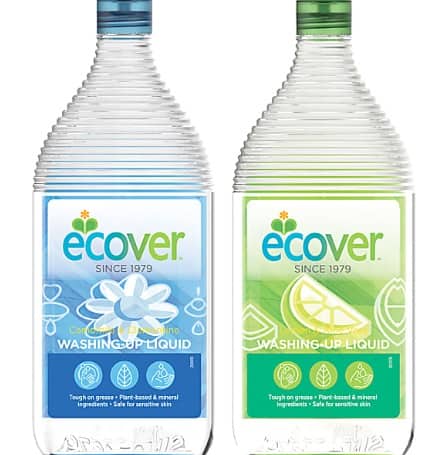
-U.S. Is Now The Largest Global Producer of Crude Oil
The United States likely surpassed Saudi Arabia and Russia earlier this year to become the largest producer of crude oil in the world, according to the U.S. Energy Information Administration.
EIA announced Wednesday that in February, U.S. crude oil output exceeded production in Saudi Arabia for the first time in two decades. Likewise, in June and August, EIA found that U.S. crude oil production surpassed Russia for the first time since February 1999.
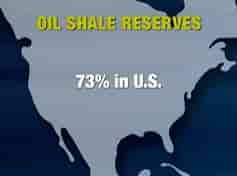
-Iran floats surplus oil as demand falls ahead of U.S. sanctions
SINGAPORE (Reuters) – Two tankers carrying Iranian condensate, a type of ultra-light oil, have been floating off the United Arab Emirates for about a month as demand for the oil fell ahead of U.S. sanctions.
The tankers, carrying about 2.4 million barrels of South Pars condensate combined, have been floating off the UAE since August after South Korea halted imports from Iran while China’s demand dropped during summer, according to several industry sources and shipping data.
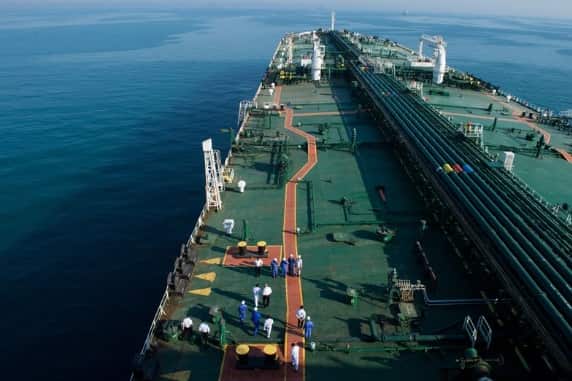
-European Soft Drinks Industry Sets Ambitions To Make Its Plastic Packaging More Sustainable
UNESDA Soft Drinks Europe has announced a set of EU-wide ambitions to make the sector’s plastic packaging more sustainable. The ambitions aim to contribute towards building a circular model for plastic packaging by improving its recyclability, recycled content, collection, and reuse.
Beverage packaging is the most collected packaging in the EU and large soft drinks companies have been instrumental in driving up recycling rates by establishing and running many of the packaging recovery organisations across the EU.
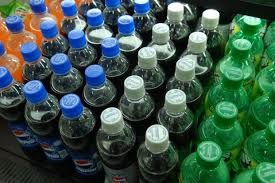
-Plastic alternatives gaining traction
From Starbucks moving away from plastic straws to Kroger announcing the end of plastic grocery bags by 2025, plastic has been as much in the news as it has been on consumers’ minds this year.
Mintel pegged the trend early, projecting that packaging would play a big role in 2018 in the global push to reduce food and product waste and noting that brands will be called on to help keep marine conservation at the forefront of package development. Consumers are paying attention, too. According to the 2018 “What’s in Store” report from IDDBA, 41% of shoppers purchased “green” items in 2016, a 4% increase from the previous year.
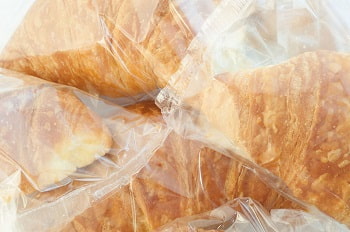
-Biodegradable plastics will not solve plastic pollution, says the European Parliament
Biodegradable and compostable plastics do not prevent plastic pollution and should not be an excuse to keep consuming single-use plastics, the European Parliament recognised in a vote today. The Parliament voted to strengthen the European Commission’s plans to slash plastic pollution, under the European Strategy for Plastics in a Circular Economy launched in January 2018.
Speaking on behalf of the Rethink Plastic alliance [1], ECOS programme manager Ioana Popescu said:
“Biodegradable or not, plastics are clogging our land and oceans, threatening the health of humans and animals. The Parliament today has acknowledged that biodegradable plastics are not a silver bullet to our plastic pollution crisis, but merely a distraction from real solutions. Policies that dramatically cut our plastic footprint need to be urgently implemented.”
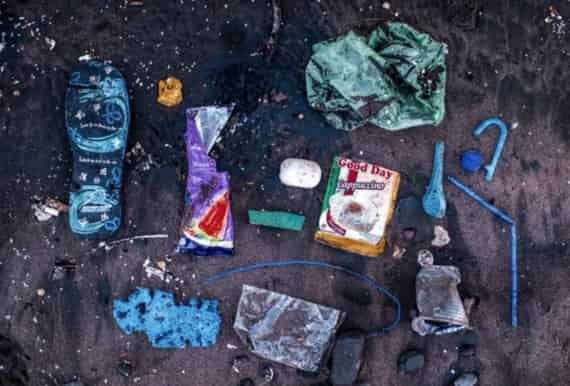
-Prices for LDPE, LLDPE, some HDPE grades drop 3 cents in August
A chaotic month of North American resin pricing ended with 3-cent per-pound reductions for all grades of low and linear low density polyethylene and for film and other flexible grades of high density PE.
The drops ended a stretch in which prices for all grades of HDPE and LDPE had been flat for four consecutive months. LLDPE prices had been flat for two straight months after sliding 3 cents in May.
Market analyst Mike Burns said that the August drops were supplier-driven.
“July had one of the highest PE production months of all time,” added Burns, who is with Resin Technology Inc. in Fort Worth, Texas. “Demand is good for all [PE] resins, but supply is outpacing demand.”
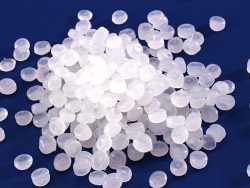
-Sulzer to exhibit polymer foam extrusion technology at Foam Expo Europe
Sulzer Chemtech will showcase its technologies for the extrusion of high-quality polymer foams with a range of forms, including profiles, sheets, pipes and beads, at Foam Expo Europe 2018, Hannover, Germany.
Sulzer Chemtech will present the technologies at stand 718.
The company will display its aixfotecTM twin screw extruder and its key components for the continuous production of low density, expanding or expanded foams from polystyrene, polyester, polypropylene and polylactic acid.
The extruder consists of two co-rotating, inter-meshing screws and can be equipped to provide direct gassing functionalities. The extrusion system aims at minimising energy consumption, waste production and the associated costs.

